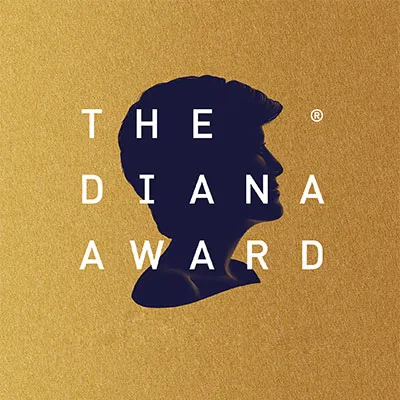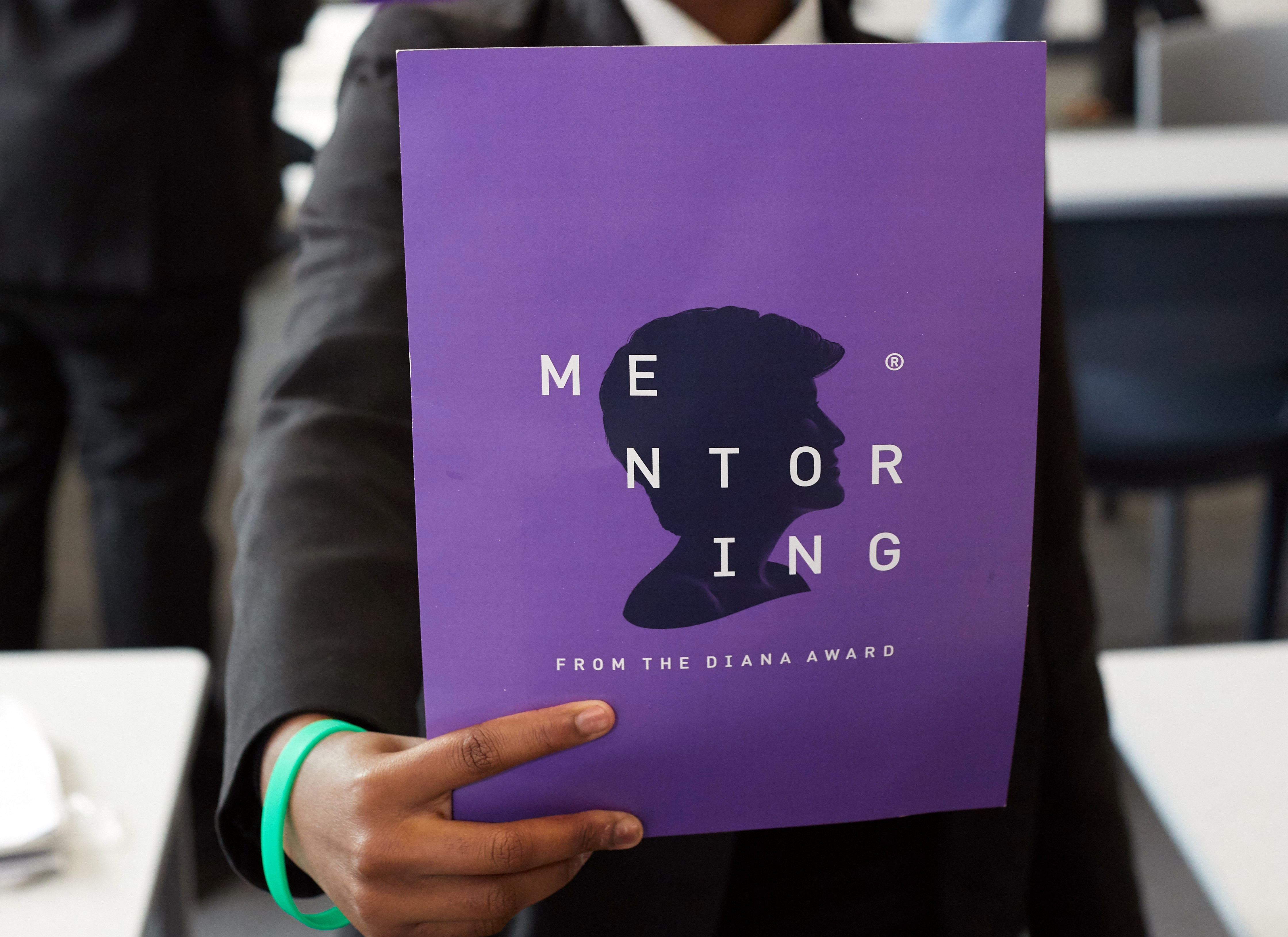Standing Up For Women: The International Day for the Elimination of Violence against Women
Natasha was recognised with The Diana Award in 2022 for commitment to several voluntary projects in the fields of gender equality, climate justice, access to legal justice and access to education. For the International Day of Eliminating Violence Against Women, Natasha explains why this day is important and how we can support women facing violence around the world.
On the International Day of Eliminating Violence Against Women, I stand with women around the world calling for global action in preventing and responding to gender-based violence. According to UN Women, one in three women worldwide have experienced physical or sexual violence. As one of the most pervasive human rights violations, women and girls are disproportionately subject to violence, including sexual violence, domestic abuse, forced marriages, and trafficking.
During the Covid-19 pandemic, a “shadow pandemic” of domestic abuse spread across the world; an estimated 47,000 women and girls worldwide were killed by their intimate partners or other family members in 2020. Many women were forced into isolation with their perpetrator and the shutdown of society created limited avenues for support. Climate change and the era of digitalisation have created new threats of violence and exacerbated existing gender inequalities. The perception of domestic abuse as comprising single instances of physical violence has shifted towards a more complex framework of coercive and controlling behaviour. This model encapsulates a range of psychological tactics used by men to dominate women, including humiliation, manipulation, gaslighting, economic abuse, and micromanagement.
A pivotal moment was the enactment of the UN Declaration on the Elimination of Violence against Women (1993), the first international instrument explicitly addressing violence against women which triggered mobilisation in many national legal systems. At a European level, the Istanbul Convention (2011) set out a comprehensive legal framework for the protection of victims and encouraged international cooperation to tackle violence against women. However, despite these laws, countless women and girls worldwide lack access to justice. In England and Wales, for example, whilst reported cases of rape have increased significantly, the number of prosecutions remain shamefully low. The legal systems are plagued by a victim-blaming narrative that asks why they did not leave the abusive relationship, instead of asking why the perpetrator abuses in the first place. The attempts to silence women in Iran, the withdrawal of Turkey from the Istanbul Convention, and Mexico’s use of force against gender-based violence protestors, are examples of state action that threatens to backtrack women’s rights and exacerbate impunity for perpetrators. Against this backdrop, it is unsurprising that less than 40% of women who experience violence report it or seek help.
Nevertheless, there is more evidence than ever before that violence against women and girls is preventable. According to UN Women, “the presence of a strong and autonomous feminist movement is the single most critical factor to drive policy change in ending violence against women and girls both in transnational contexts and in domestic policy making.” A multi-sectoral approach that promotes coordinated action of governments and civil society, intensive awareness and advocacy campaigns, and investment in women’s organisations can lead to widespread reductions in violence against women and girls.
In my own work, I am co-founding a charity, Communities Against GBV International, which supports community-based projects tackling gender-based violence in developing countries. It aims to work with local communities to raise awareness of the issue, educate and empower women to take action, and provide sustainable support systems for women facing abuse.
The elimination of violence against women and girls requires everyone to play their part. What actions can you take today?
- Listen to and support women around you
Create safe spaces for women to speak out on their experiences of violence and be heard. Listen and believe their stories. Learn the common signs of abuse and how you can help. Remember that violence can be experienced differently; gender intersects with other inequalities (such as sexuality, race, indigeneity, immigration status, and disability) which can create unique experiences of violence.
If you are experiencing abuse, seek support and remember you are not alone.
Stand in solidarity with women’s rights activists and support feminist movements around the world. Join the UNiTE campaign by wearing the colour orange and engaging in activities and events to raise awareness of violence against women and girls. Hold others accountable and speak up when you see it. Educate yourself and teach the next generation about women’s rights to build a culture of acceptance and inclusivity.
- Support women’s organisations
Support local organisations that fight for gender equality and seek to empower women. Show solidarity by participating in one of UN Women’s campaigns and raising awareness, or joining one of their professional networks. Volunteer with a local organisation in your area, or make a donation to help them to further their objectives.
- Promote women’s leadership
Women’s representation in spaces where decisions are made helps to ensure that the needs of women and girls take priority. Call for increased representation and meaningful participation of women in leadership, and for increased protections for women in positions of power. Women, take on leadership roles and take up space in advocating for women’s rights.
Call on governments to increase funding to address violence against women and girls and ensure that essential services for survivors of violence are adequately resourced, including shelters, hotlines and counselling services. Learn about the laws in your country. Start or join a protest and lobby your MP: demand that your government invests in stronger legal frameworks and policies to protect women.
Together, we can amplify the voices of women around the world and push forward the elimination of violence against women and girls.
Stock imagery thumbnail Photo by Clem Onojeghuo on Unsplash





